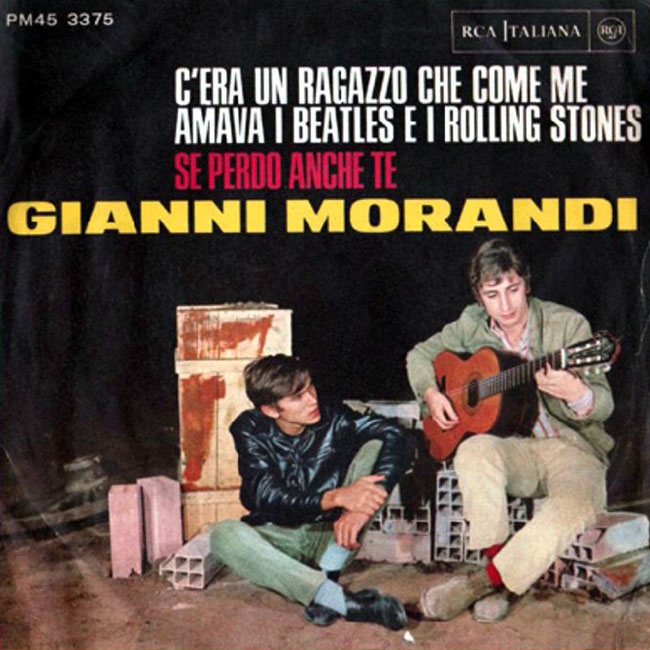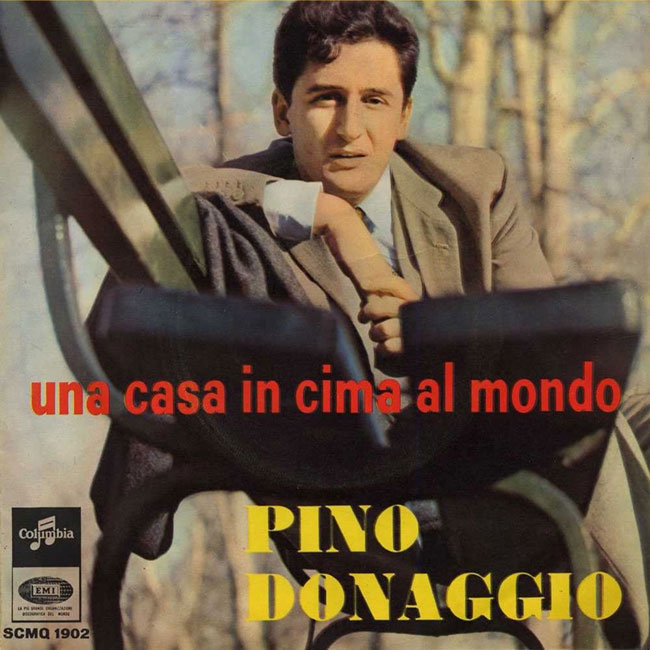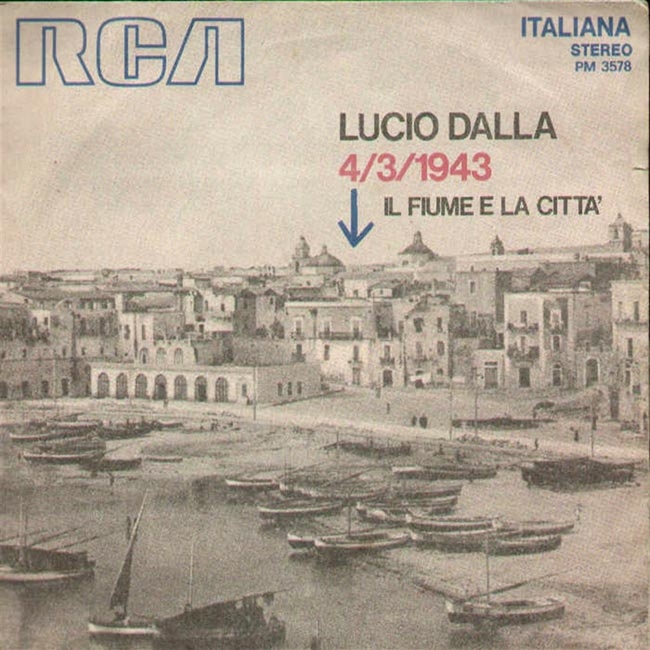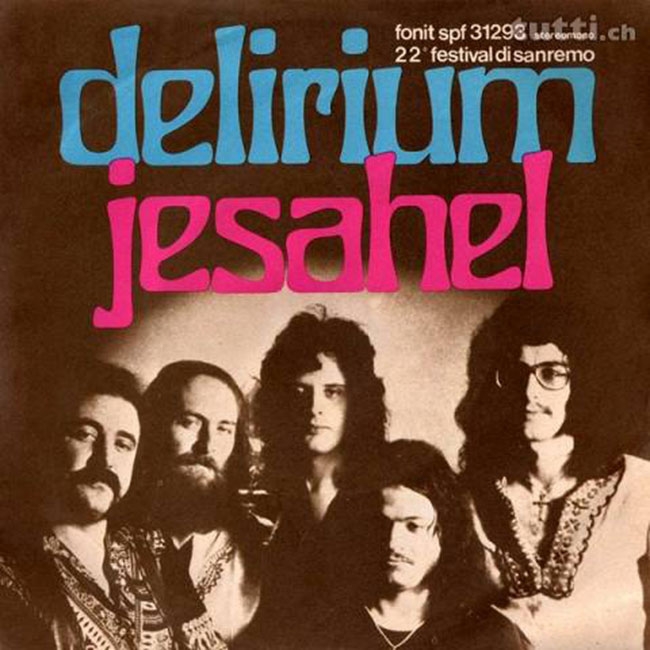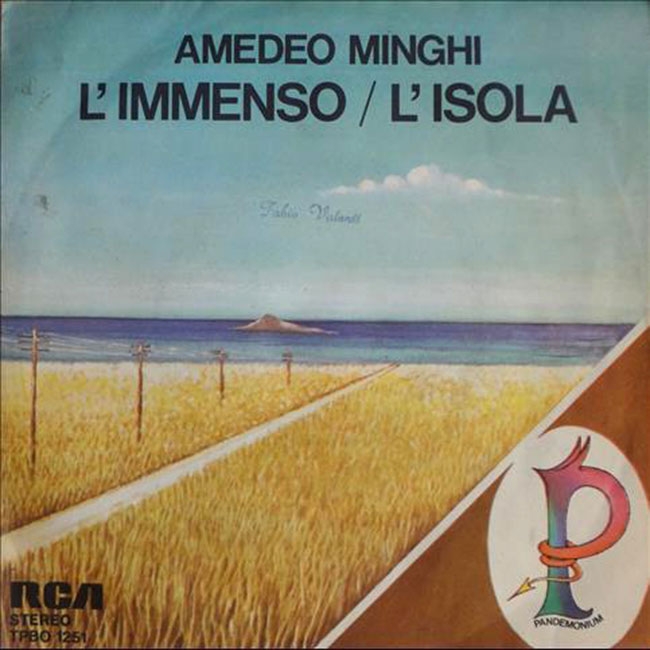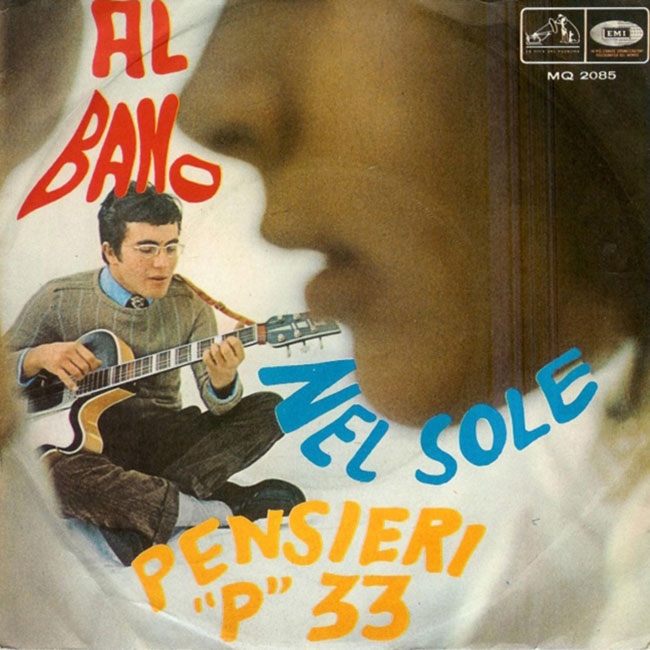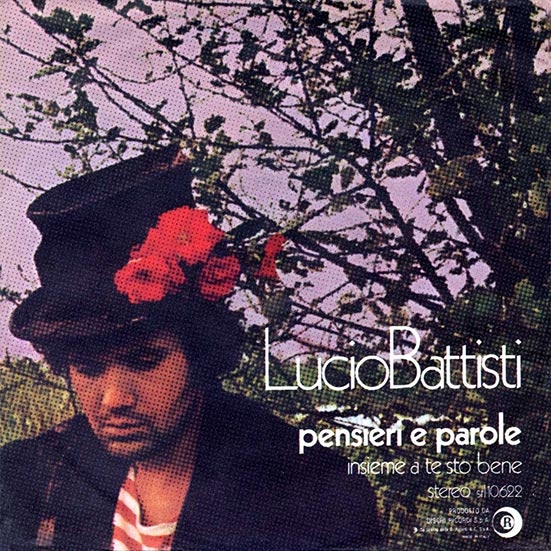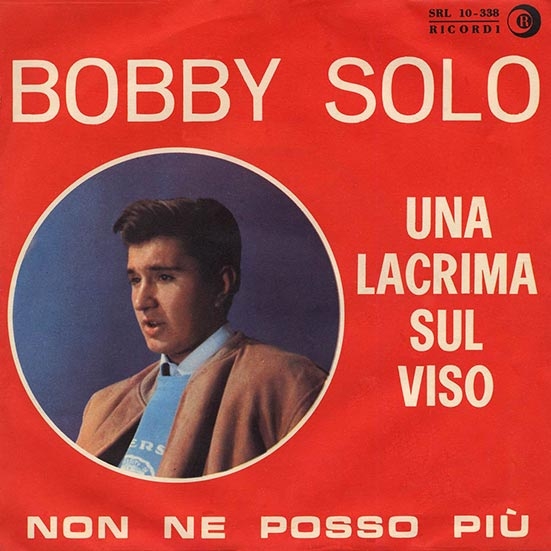Quanto sei bella Roma playlist
How lovely you are, Rome
On 3 February, 1871, the law which formally approved the transfer of the capital of Italy from Florence to Rome was signed. Ten years had passed since the proclamation of national unity, and the Eternal City, torn from the Papal State a few months prior, could go back to playing the lead role that it had already been assigned in past centuries. For this anniversary we have chosen a sampling of songs dedicated to Rome, its beauties and its characteristic types, mostly interpreted in Roman dialect by Roman artists but above all, part of Italian history. It begins with two voices and faces that are an expression of the city’s essence in cinema and theatre:
Anna Magnani, known by Romans as “Nannarella”, sings a typical local song (Canta se la vuoi cantar) in the film Abbasso la ricchezza (Peddlin’ in Society) (1946); Gigi Proietti implores with Nun je da’ retta Roma, playing Mario Cavaradossi in the cinematic transposition of La Tosca (1973), the most famous play and opera set in Rome. Then the singer-songwriters have their turn: the “Roman school” has produced many of them, but those who have constantly paid tribute to their city are Venditti (Roma capoccia, Grazie Roma – sung a number of times in the stands of Circus Maximus and the Olympic Stadium) and Barbarossa (Roma spogliata, Roma è de tutti).
Hot on their heels is another myth of Roman song such as Renato Zero (Roma) and an exponent of the new guard such as Mannarino (Roma), who restored the dialect with a counter-current attitude. Then, the classics of the past like Nannì, with the irreverent voice of Petrolini; Chitarra romana, in the original version by Carlo Buti; Vecchia Roma and Casa mia (casetta de Trastevere) by the eighth “king of Rome” - Claudio Villa - born right in the historic neighborhood across the river; Arrivederci Roma, an international standard in the sublime version by Rascel. From the musical comedy Rugantino comes the famous Roma nun fa’ la stupida stasera (by the Roman Trovajoli), while a popular television drama (Il segno del comando) relaunched Cento Campane, written twenty years earlier by the actor Fiorenzo Fiorentini and later identified with another excellent performer, Lando Fiorini. The Rome of villages and fraschette (local taverns) is represented by Vianella (Semo gente de borgata) and Gabriella Ferri (La società dei magnaccioni). There is also a thought for the prisoners incarcerated in Regina Coeli, in the one song - Le mantellate - written by authors who are not Roman (Giorgio Strehler and Fiorenzo Carpi) for a Milanese performer (Ornella Vanoni), but now a solid part of the repertoire of every artist who refers to local tradition.

